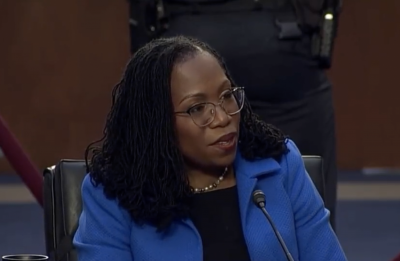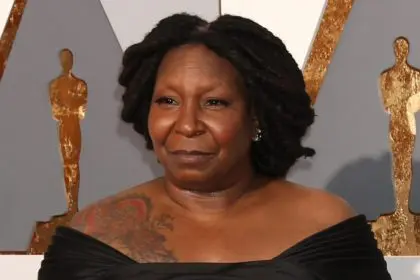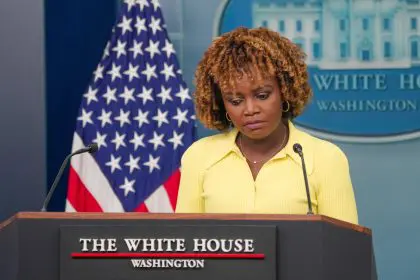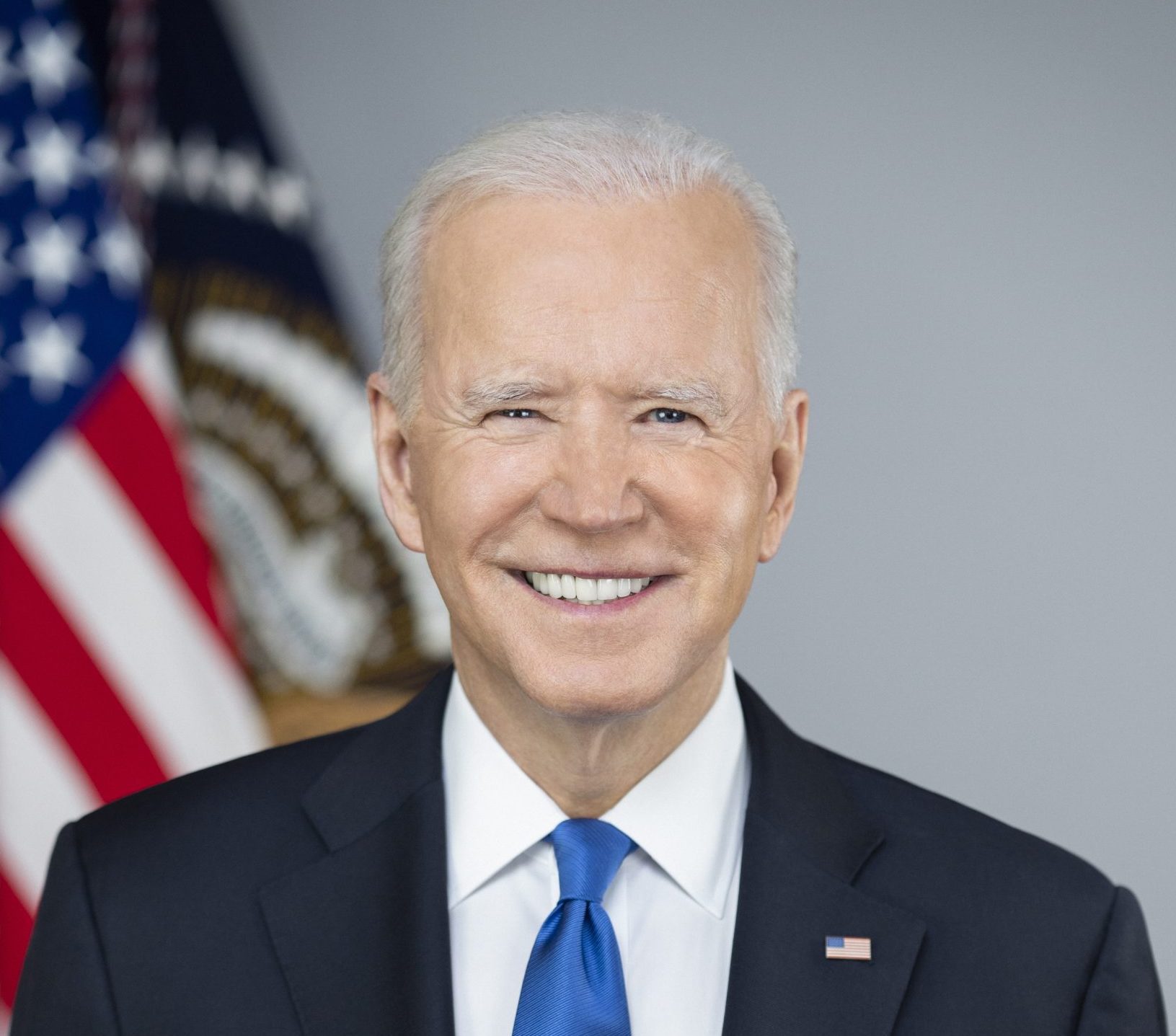On Dec. 3, 2024, civil rights advocates intensified their calls for President Joe Biden to pardon former Baltimore State’s Attorney Marilyn Mosby. This plea comes on the heels of Biden’s unexpected decision to pardon his son, Hunter Biden, raising questions about fairness and justice in the legal system.
Background on Marilyn Mosby
Marilyn Mosby, who served as the state’s attorney for Baltimore City, is currently under house arrest after being convicted on two counts of perjury and for submitting a false mortgage application. A federal judge sentenced her to 12 months of home confinement, monitored 24/7. Mosby’s conviction has sparked significant debate about the motivations behind her prosecution, especially in light of the political climate surrounding her case.
Advocates for justice speak out
Prominent figures in the civil rights community, including attorney Ben Crump and political strategist Angela Rye, have publicly urged President Biden to extend his pardon power to Mosby, as well as to former St. Louis Attorney Kim Gardner. They argue that Mosby’s situation exemplifies a broader issue of selective prosecution and injustice within the legal system.
In their joint statement, Crump and Rye emphasized the plight of many individuals who have been wrongfully convicted, stating, “There are thousands of people who have been wrongfully convicted and sit in federal prisons today. While Hunter Biden was selectively prosecuted, he’s not the only one.” They called for a conversation with Biden about using his pardon power to address these injustices.
The case of Kim Gardner
Kim Gardner, another attorney facing legal troubles, recently admitted to misusing office funds related to a case involving former Missouri Governor Eric Greitens. Gardner reached a pretrial diversion agreement with federal prosecutors, allowing her to avoid prosecution if she repays the funds within 18 months and refrains from further legal issues. This situation has drawn parallels to Mosby’s case, highlighting systemic issues within the legal framework that disproportionately affect Black attorneys.
Legal challenges and future prospects
As Mosby prepares to appeal her conviction, the Attorney Grievance Commission of Maryland has called for her law license to be suspended. However, the Maryland Supreme Court has denied this request, allowing Mosby to continue her legal battles. The outcome of her appeal could have significant implications not only for her career but also for the broader conversation about justice and accountability in the legal system.
The broader implications of pardon power
The calls for Mosby’s pardon are part of a larger discourse on the use of presidential pardon powers. Advocates argue that the selective nature of pardons can perpetuate systemic inequalities, particularly for marginalized communities. The contrast between the treatment of high-profile individuals like Hunter Biden and those like Mosby and Gardner raises critical questions about fairness and justice.

















